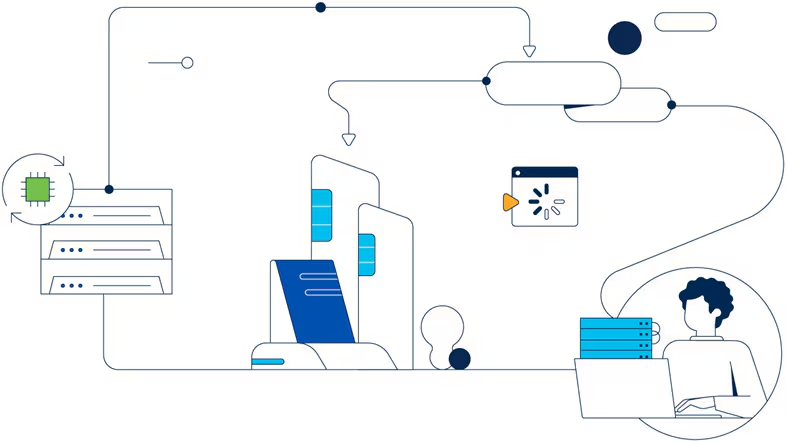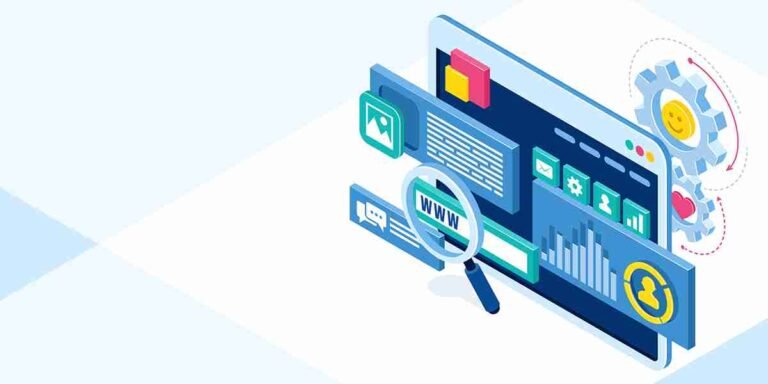The Role of Hybrid Apps in Supporting Remote Work Solutions

In today’s fast-paced digital world, remote work has become a cornerstone of modern business operations. Mountain Techno System recognizes the significance of hybrid apps as powerful tools that facilitate seamless communication and collaboration among remote teams. This article explores how hybrid applications are reshaping the landscape of remote work, enabling businesses to enhance productivity and maintain team connectivity regardless of location
The shift to remote work has transformed how businesses operate, and hybrid apps play a crucial role in this evolution. Here are key points highlighting the importance of hybrid applications in supporting remote work solutions:
1. Bridging Communication Gaps
- Real-time Collaboration: Hybrid apps allow team members to communicate and collaborate in real-time through integrated chat, video conferencing, and file-sharing functionalities.
- Unified Communication Channels: By consolidating various communication tools into a single platform, hybrid apps reduce the friction of switching between multiple applications, enhancing overall productivity.
2. Enhanced Accessibility
- Cross-Platform Compatibility: Hybrid apps work seamlessly across different devices and operating systems, ensuring that remote workers can access essential tools and resources from anywhere.
- Offline Capabilities: With offline functionality, users can continue working without an internet connection, allowing for uninterrupted productivity, especially in areas with unstable connectivity.
3. Streamlined Project Management
- Centralized Task Management: Hybrid apps provide centralized dashboards for managing projects, tracking progress, and assigning tasks, enabling teams to stay organized and focused.
- Integrations with Existing Tools: The ability to integrate with popular project management tools (like Trello, Asana, or Jira) allows hybrid apps to enhance workflow without reinventing the wheel.
4. Data Security and Compliance
- Secure Data Handling: Hybrid apps utilize encryption and secure authentication methods to protect sensitive company data, ensuring compliance with regulations such as GDPR.
- Regular Updates and Maintenance: Continuous updates help address vulnerabilities, keeping remote work solutions secure and reliable.
5. Improved Employee Engagement
- Interactive Features: Incorporating interactive features such as polls, feedback forms, and social feeds in hybrid apps encourages employee engagement and fosters a sense of community among remote teams.
- Customizable User Experience: The flexibility to tailor the app interface based on user preferences enhances usability and satisfaction.
6. Cost Efficiency
- Reduced Development Costs: Developing a hybrid app can be more cost-effective than building separate native applications for different platforms, allowing businesses to allocate resources more efficiently.
- Scalability: Hybrid apps can easily scale as the business grows, accommodating an expanding remote workforce without significant additional investment.
7. Analytics and Insights
- Data-Driven Decisions: Hybrid apps can integrate analytics tools to track user engagement, project timelines, and team performance, providing valuable insights for informed decision-making.
Feedback Loop: Collecting feedback through the app allows organizations to continually improve their remote work processes and tools.
As remote work becomes increasingly prevalent, the role of hybrid apps in supporting effective work solutions is undeniable. Mountain Techno System is committed to leveraging hybrid technology to empower businesses in their remote work journeys, ensuring teams remain connected, productive, and engaged, regardless of their physical locations.














